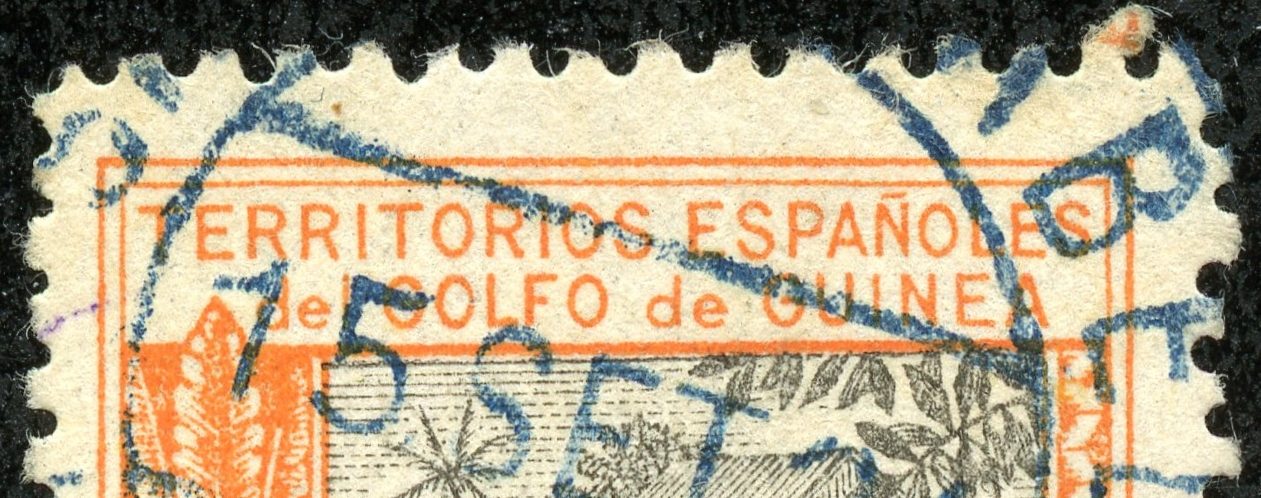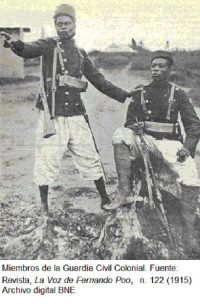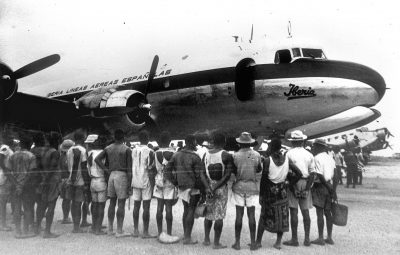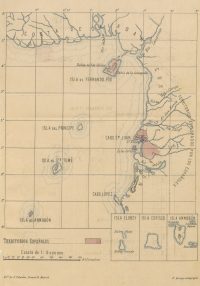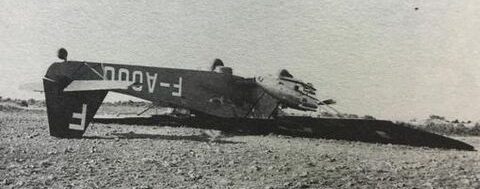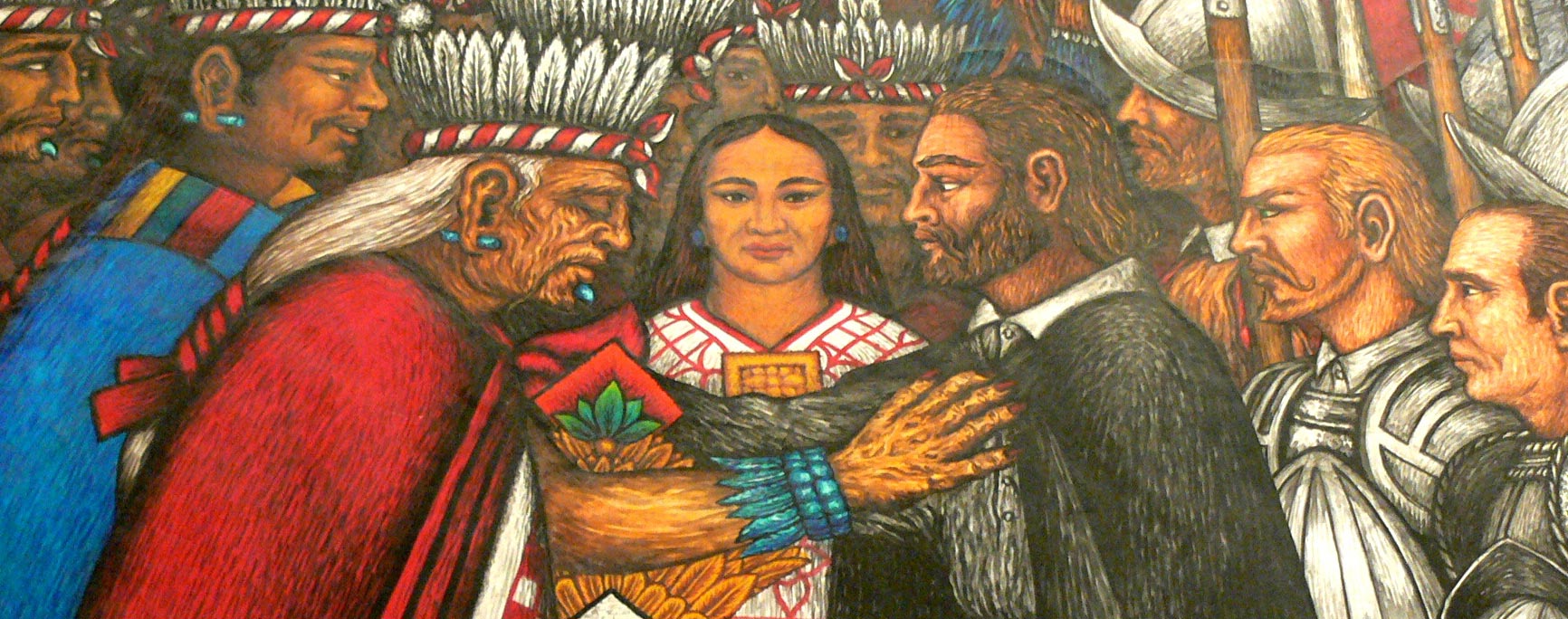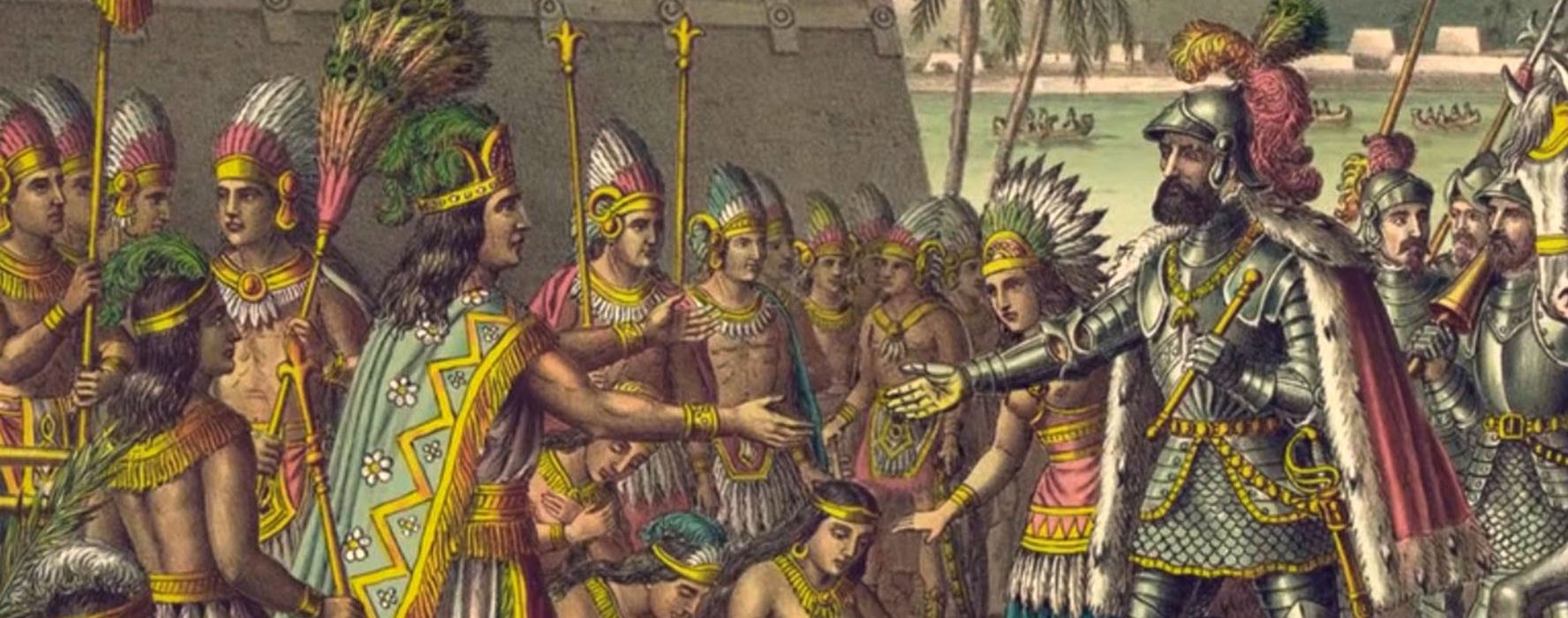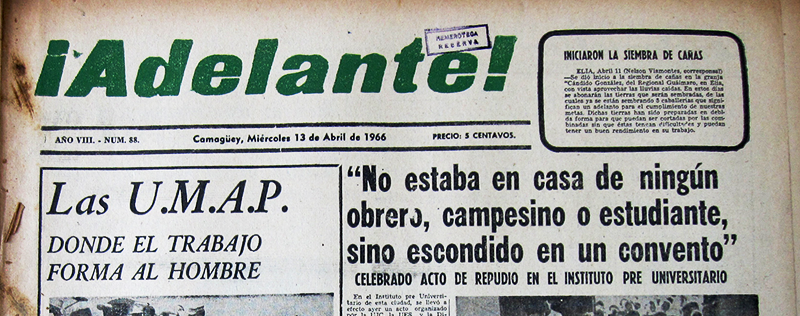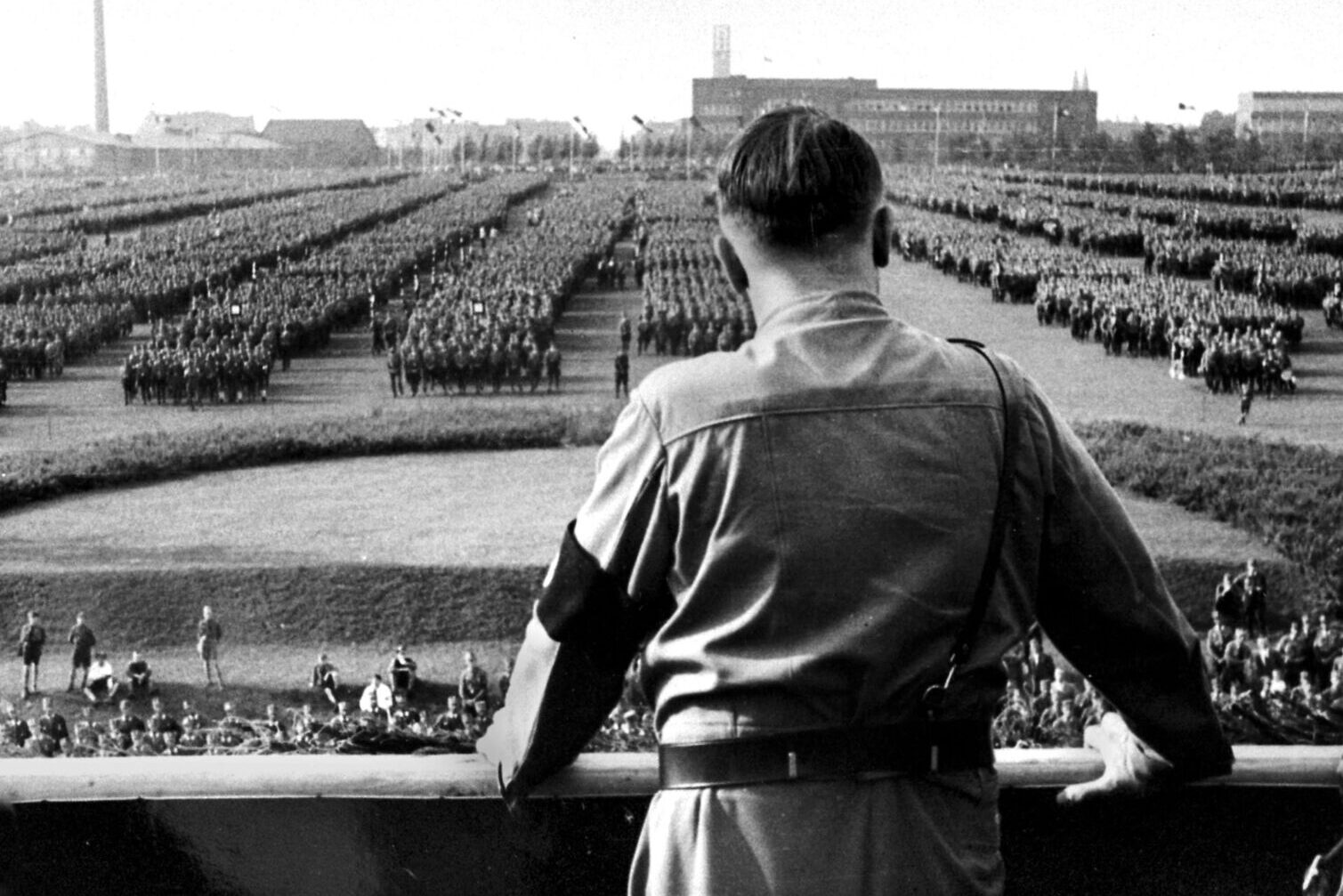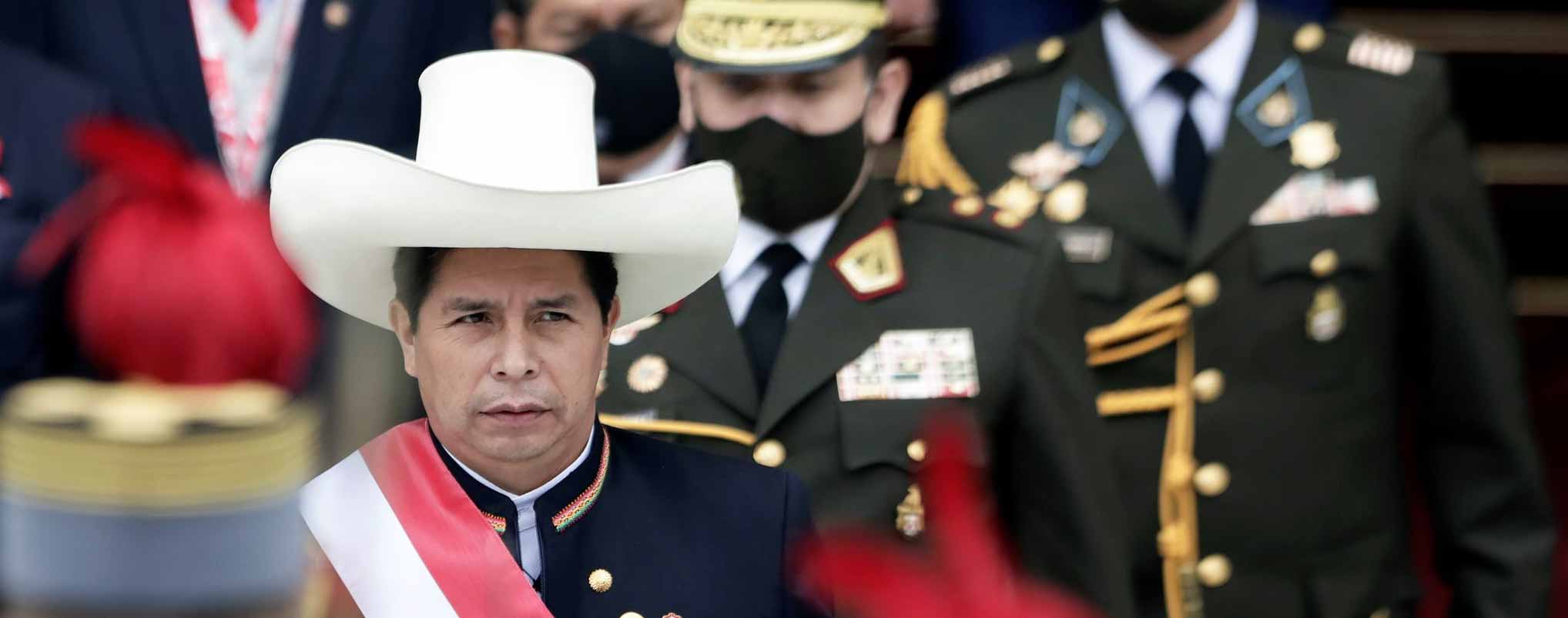Source:El Debate
At the beginning of the 20th century, an investigation was opened against Luis Ramos-Izquierdo for the embezzlement of funds from the Spanish colony.
The Spanish possessions of Guinea were semi-abandoned from their acquisition in 1777 until almost the beginning of the 20th century. After the Berlin Conference, which ended in 1885, Spain had only a few settlements on the coasts of Fernando Poo and the islands of Corisco and Elobey. The mainland was only occupied after 1900, when, following the Treaty of Paris, France recognised a small territorial portion that served as security between the German and French colonies. From these two dates onwards, efforts were made to promote colonisation. The expenses arising from the situation in Cuba and the Philippines absorbed the overseas economic effort and, on the other hand, there was never much interest in Guinea because it was never understood that there were large economic resources there.
Despite these impediments, a legislative and budgetary change was noted at that time which, among other effects, had the consequence of increasing the power of the governors. They had more extensive civil and military power than when they were seamen and also included the command of the naval station. They had the budget and ran the colony with no more limits than a purely advisory council. They also used this power to make up for the colony’s enormous shortages, arbitrarily diverting budget items from one item to another and recruiting personnel for the poor colonial administration without regard for the law or the ability of those elected. This meant that public accounting was a mess and nepotism was the rule. To his credit, it should be noted that in Fernando Poo there was not much choice, the metropolitan officials were not forthcoming. There were not enough people for the work they had to do, so it was not unusual for the governors or government secretaries to give them urgent tasks for which they were not appointed. And, at the same time, they created their parallel businesses, fell into corruption and neglected the work.
One of these governors, Luis Ramos-Izquierdo, was a peculiar man. He had an eventful life, volunteered for the Second Carlist War and began his military career, which he continued in Cuba. When he returned to Spain, he was posted to Guinea, first as deputy governor of Bata, then as acting governor-general between 1906 and 1908, and then as governor-general in 1908. He was the author of an important book for details of the colonisation: Descripción geográfica y gobierno, administración y colonización de las colonias españolas del Golfo de Guinea (1912). He can even be considered the founder of the city of Bata.
Years of neglect
In 1906 there were rumours in Madrid about embezzlement and mismanagement in Guinea, and the government sent the royal commissioner Diego Saavedra Magdalena to investigate. He was a man comfortable with power and administration. He was a good civil servant, but he did not stray from the ministerial policy. He knew Guinea because he was acting governor in 1905. He knew that the colonial treasury was in a state of disarray. The accounts did not add up. “The only legislation that survives there is based on capricious, arbitrary and perfectly illegal assumptions”, the commissioner wrote.
It should be noted that it was Diego Saavedra who proposed Ramos-Izquierdo as governor because he considered that he had done a good job as deputy governor; his inspection was not against him but against years of negligence. The Memoria he published in 1907, which was the one he sent to Minister of State Allendesalazar, is an example of neat administrative writing, a good summary of what was there and some tentative proposals of what could be done.
What raised Ramos-Izquierdo’s suspicions was a new trip Saavedra was preparing in 1908, because he suspected it would be an inspection of his work. The Guinean administration remained unchanged, and the press had published some news to that effect. Ramos-Izquierdo resigned as governor in an act of hubris and attacked Diego Saavedra in an article published in La Correspondencia de España on 1 December 1908. He was fierce in his criticism, stating: “In supporting a royal commissioner who already costs the State more than 300,000 pesetas in salaries, emoluments, travel and allowances, to have produced a Report that is a fusillade of all the communications, reports, minutes of meetings of the authorities and reports that have been sent to the Ministry by the authorities of that colony”. The article was the result of a question in the Senate on the lack of control and poor investment of the State budget for Guinea, asked by Senator Pedregal. And Senator Fernández Latorre’s doubts about the usefulness of Saavedra’s trips.
The matter became personal. Eduardo Saavedra, Diego’s brother, was forced to come out in defence of the family honour, which prompted Ramos-Izquierdo to send him the godfathers to settle differences in a duel. An anecdote that shows the governor’s character. Eduardo Saavedra replied to the article in the same newspaper on 24 December 1908: “I replied to this article because it attacked someone who is of my blood and who, expecting the attack, I was commissioned to defend”. Eduardo did not hold back in his reply: “And I answered harshly, as I should have done because it was not only the article, it was the intrigue that was covertly plotted against the royal commissioner by the former governor in residence, which prompted me to tell some truths, very few. In the article, I explained that Diego was in Guinea to initiate a purge of the clumsiness, imprudence and irregularities that were said to have been committed there during the ex-governor’s time in command”. Apparently, Ramos-Izquierdo’s anger took him to the Ministry and to Congress, where he poured harsh words against the royal commissioner who was in Guinea. Eduardo Saavedra paid no attention to the letters from the Count of Berberana, Ramos’s godfather. In the end, the duel was not held and the matter was forgotten.
Share this article
On This Day
No Events
History of Spain
26 August 2020
27 January 2021
Communism: Now and Then
23 December 2022
28 July 2021
